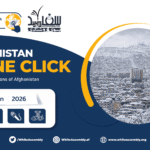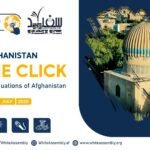
Tea & Liberty Online Event on Free Society Vs. Closed Society
The series of Tea & Liberty programs on the themes of Free Society Vs. Closed Society was organized virtually at the initiative of the Afghanistan Economic and Legal Studies Organization in cooperation with The White Assembly and the Silk Road Online Radio Station.
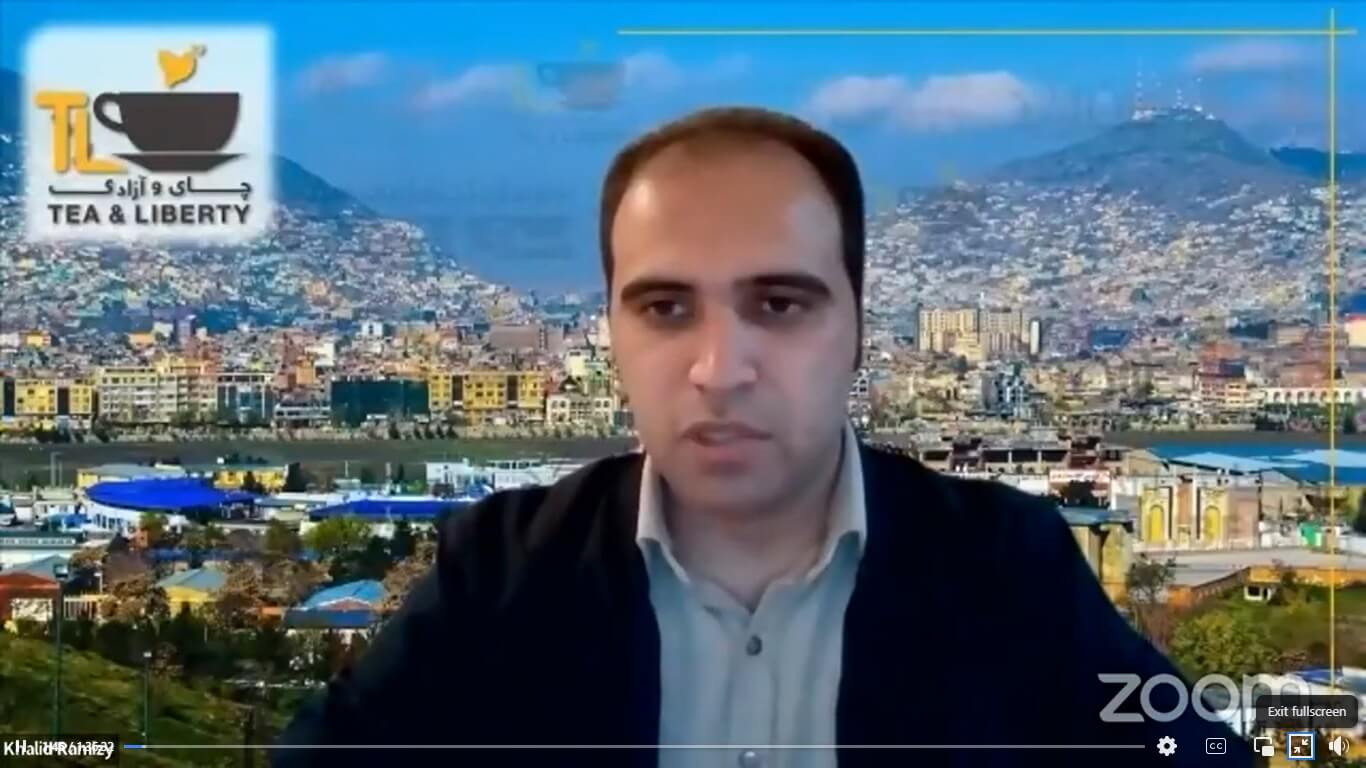
In the Tea and Liberty program, hosted by Mohammad Khalid Ramizy, the Chief Executive Officer of the Afghanistan Economic and Legal Studies Organization (AELSO), in the presence of Li Schoolland, International freedom advocate, with the participation of youth, students, university professors and researchers on the objective examples of a free society vs. closed society, the values of Liberty, the role of free society and market economy in the development of societies and its effectiveness on the prosperity of citizens were comprehensively discussed and analyzed.
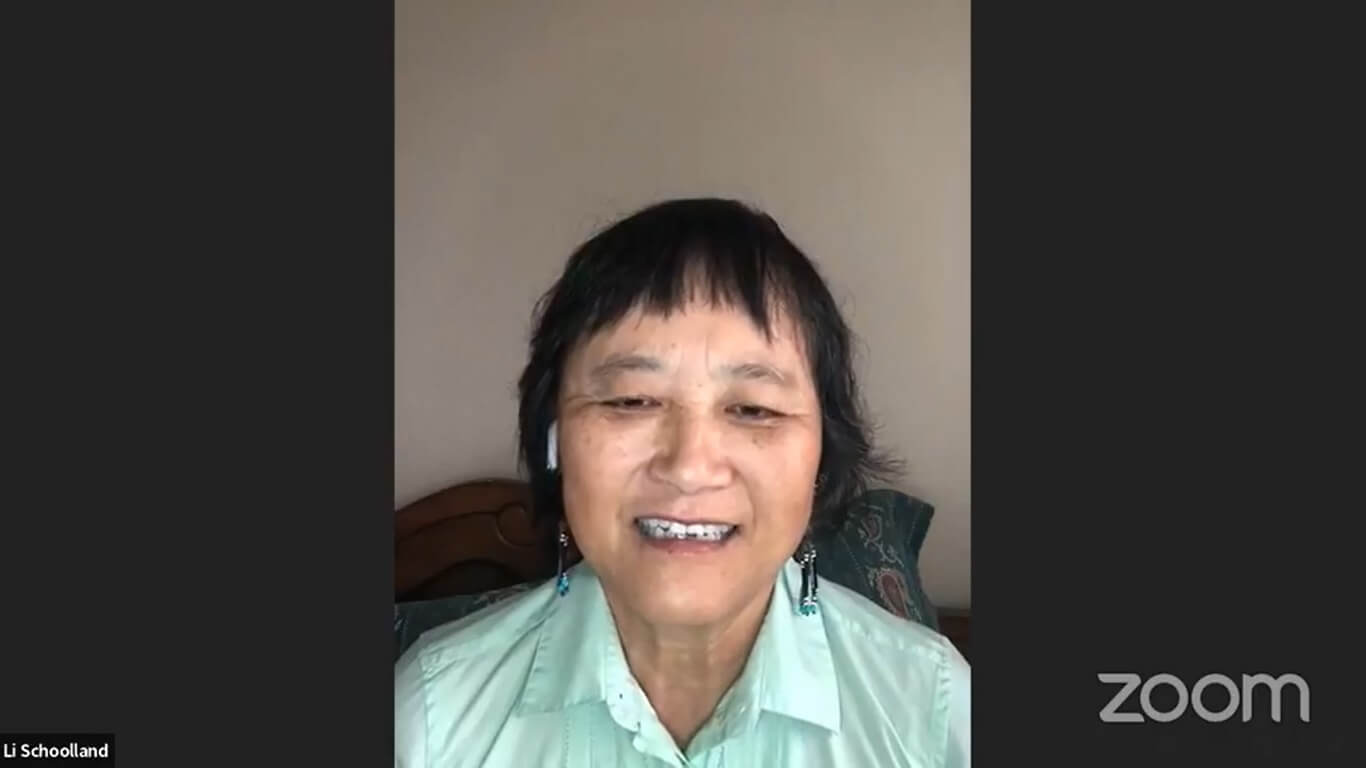
In this program, Li raised his experiences and practical teachings from the free vs. closed society and said: “My life in China and under the control of the Communist Party, where everything is managed and controlled by the ruling party and citizens do not have access to the outside world, is an objective example of a close society, and compared to China, even today Afghanistan; Due to the access of citizens to the most of the information networks and the presence of the world media in Afghanistan, it is considered a free society.
Li added: “Until China did not pursue open border policy, its people were suffering from poverty and there was no creativity in China, but everything was copying and imitation, after the implementation of the open border policy, the well-being of citizens has changed to some extent but the privacy, behavior, beliefs, and political and social attitudes of Chinese citizens, even in WeChat messengers, are still severely controlled by the government.”
She pointed out civil rights, especially women’s rights under Taliban rule and said: “It is not impossible to achieve civil rights and women’s rights in Afghanistan, but it is a little difficult that with effort and diligence, the people of Afghanistan can achieve their citizenship rights.
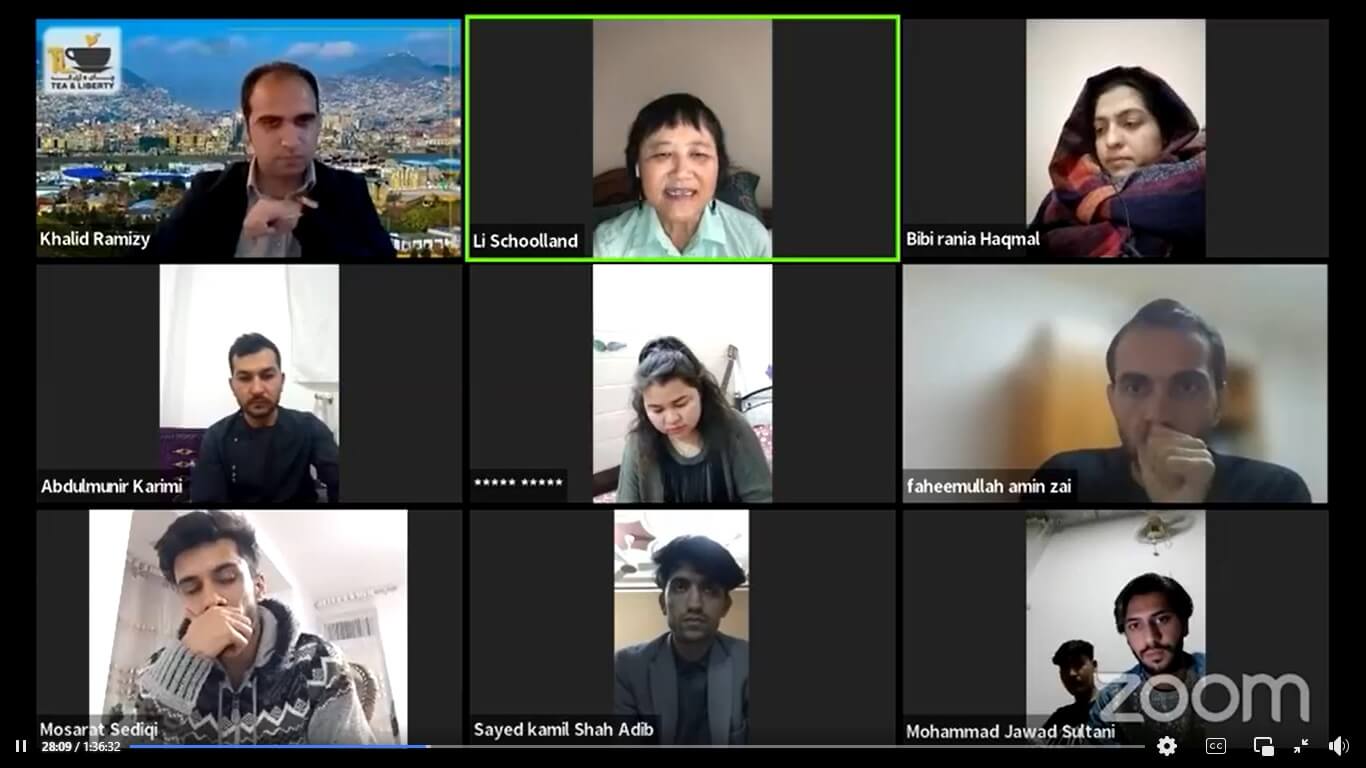
In the second part of the program, the participants, in addition to presenting their views on the issues discussed, raised their questions regarding the main points on the discussion which were answered comprehensively by Li.
In response to the questions from participants and about women’s right to education, Li said: “Government is part of the problem, even in the absence of government; Believe in God, yourself and your family, and learn by understanding your responsibilities in your life. On the other hand, today’s technology has provided access to education from all over the world and all students, especially women, can pursue their educational goals through the Internet and online, anywhere in the world.
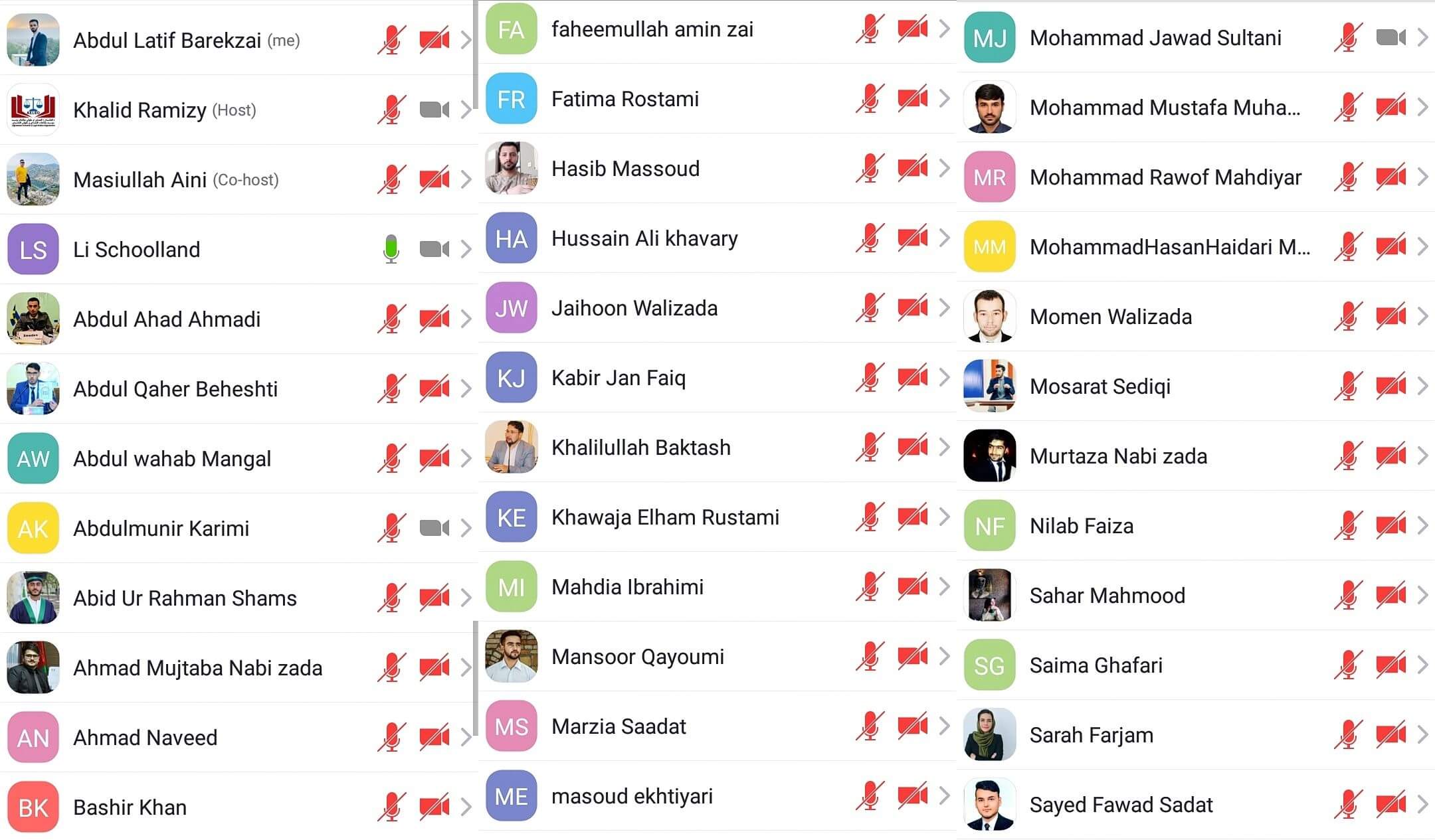
At the end of the program, the books “Foundations of a Free Society” and “Islamic Foundations of a Free Society”, two important academic resources from the publications of Afghanistan Economic & Legal Studies organization, were introduced by Ramizy to the participants as the key resources to study more about the values of a free society and its pillars.
Click in HERE to watch the complete video of this meeting.
Publications & Public Relations Department

